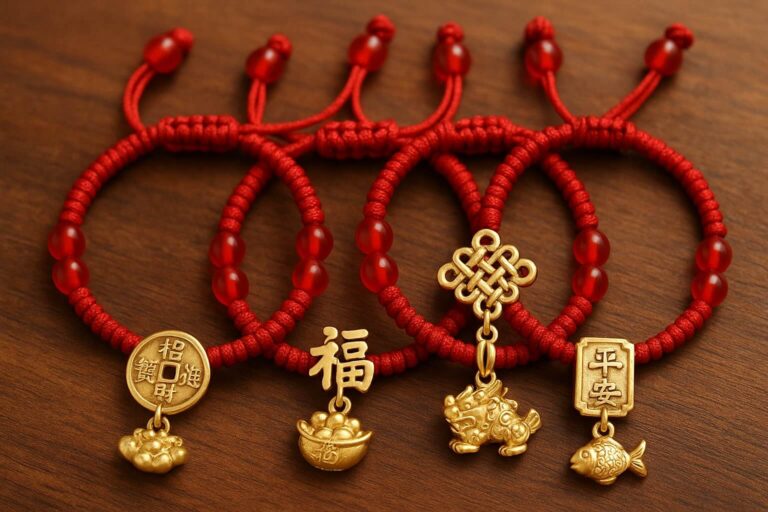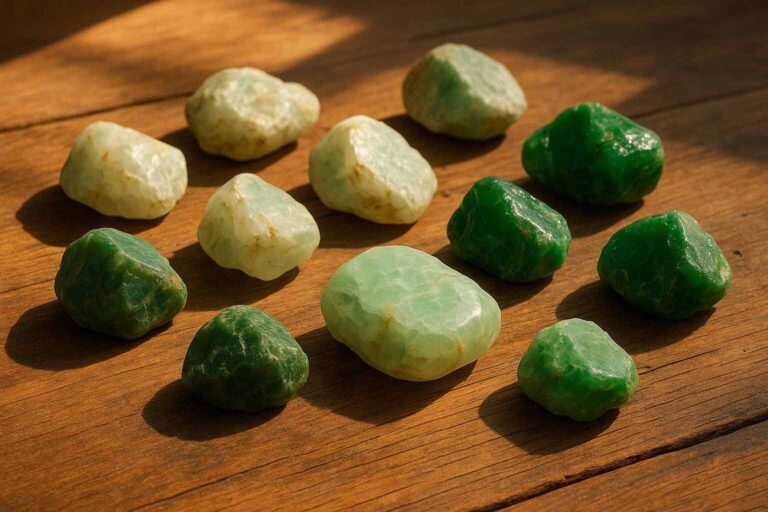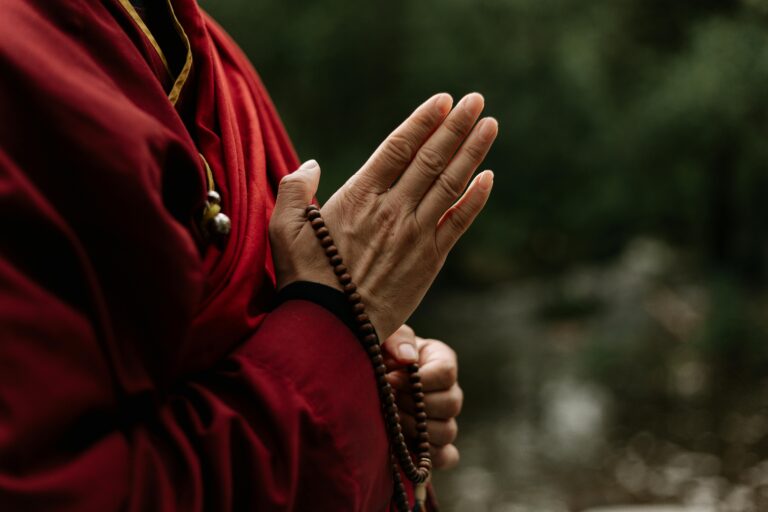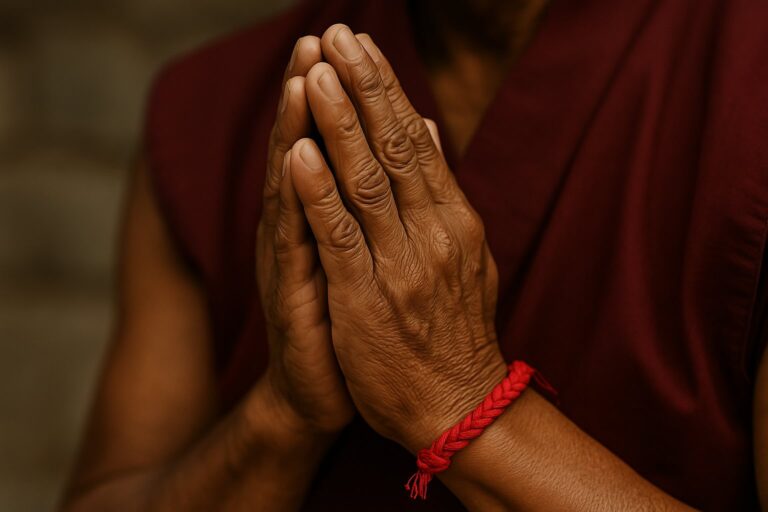Is Feng Shui Evil? 9 Truths That Will Surprise You
In this article
- 1 Is Feng Shui Evil? Unveiling the Truth Behind This Ancient Practice
- 2 Understanding the Origins of Feng Shui
- 3 What Does Feng Shui Actually Teach?
- 4 Is Feng Shui a Religion or Spiritual Belief?
- 5 Why Some People Think Feng Shui Is Evil
- 6 Feng Shui vs. Occult Practices: A Clear Difference
- 7 Scientific and Psychological Perspective on Feng Shui
- 8 Feng Shui in Modern Interior Design
- 9 Feng Shui Around the World: Cultural Perceptions
- 10 Is Practicing Feng Shui a Sin?
- 11 Ethical and Harmless Use of Feng Shui
- 12 Real-Life Stories: Transformations Through Feng Shui
- 13 Feng Shui Myths Busted
- 14 Frequently Asked Questions
- 15 Conclusion: Should You Fear or Embrace Feng Shui?
Is Feng Shui Evil? Unveiling the Truth Behind This Ancient Practice
Many people today are curious—and even cautious—about feng shui. It’s often featured in magazines, home shows, and office spaces. But then a question arises in some minds: “Is feng shui evil?” Some say it’s harmless. Others say it’s tied to dark spiritual forces. So, what’s the truth?
In this article, we’ll dive deep into what feng shui really is, its origins, beliefs, and whether it should raise any ethical or spiritual red flags. Let’s explore the full picture.
Understanding the Origins of Feng Shui
Historical Roots in Ancient China
Feng shui dates back over 3,000 years in ancient China. It originally helped people decide the best locations for homes, farms, and tombs. The Chinese believed the land had energy, and that certain spots could bring harmony or misfortune.
Taoist Philosophy and Energy Flow
At the heart of feng shui is Taoism—a philosophy that emphasizes living in harmony with nature. Taoism teaches that life flows like a river. When you live in the flow of nature, life becomes smoother. Feng shui helps people align with that natural flow.
Early Use in Grave Site and Architecture Placement
In its earliest form, feng shui was used to choose burial sites for ancestors. The belief was that a well-positioned grave would bring prosperity to the descendants. Over time, these ideas extended into how buildings and cities were designed.
What Does Feng Shui Actually Teach?
The Concept of Qi (Life Energy)
Qi (pronounced “chee”) is a central idea in feng shui. It’s an invisible force or energy that flows through everything—people, buildings, and nature. Feng shui aims to enhance the flow of qi in a space to promote health, success, and peace.
Yin and Yang Balance
Another key concept is the balance of yin and yang—two opposite but complementary forces. Yin is soft, dark, and quiet. Yang is bright, active, and loud. Good feng shui balances these forces to create harmony.
The Five Elements Theory
Feng shui also works with five natural elements: wood, fire, earth, metal, and water. Each has its own traits and energy. By balancing these elements in a room, feng shui seeks to influence mood and energy levels.
Is Feng Shui a Religion or Spiritual Belief?
Distinction Between Spiritual Philosophy and Organized Religion
Feng shui isn’t a religion. It doesn’t require worship, rituals, or prayer. Instead, it’s more of a cultural philosophy with spiritual undertones. While it came from Taoist roots, feng shui itself can be practiced without following Taoism.
Can Christians or Muslims Use Feng Shui?
This is a hot topic. Some say no, arguing that feng shui’s spiritual ideas conflict with monotheistic faiths. Others argue yes—if feng shui is treated as a design tool, not a belief system. It’s similar to using yoga for stretching rather than for spiritual awakening.
Why Some People Think Feng Shui Is Evil
Misconceptions About Magic and Superstition
Feng shui is often misunderstood as being based on magic or superstition. People see talismans, coins, or lucky frogs and assume it’s “witchcraft.” But in most cases, these are cultural symbols, not spiritual artifacts.
Confusion With Occult or Pagan Practices
Because feng shui talks about “energy” and “forces,” some people mistakenly group it with occult practices. But it doesn’t involve summoning spirits, casting spells, or divination—common traits of actual occult practices.
Religious Criticism and Fear of Idolatry
Some religious leaders warn that feng shui might lead to idolatry or spiritual compromise. This fear usually comes from a misunderstanding of what feng shui is actually about.
Feng Shui vs. Occult Practices: A Clear Difference
Does Feng Shui Involve Spirits or Demons?
No, feng shui does not involve spirits or demons. It’s about arrangement, color, space, and energy flow. It doesn’t use any rituals that call on supernatural beings.
Is It Compatible With Monotheistic Beliefs?
That depends on how you use it. If you use feng shui as a tool to organize your space, then many religious followers find no issue. But if you start trusting it like a divine power, that could conflict with monotheistic beliefs.
Scientific and Psychological Perspective on Feng Shui
Placebo Effect and Positive Energy Concepts
Science doesn’t support the existence of Qi in a measurable way. However, that doesn’t mean feng shui has no impact. The placebo effect is real—when people believe something will help them, they often feel better just from that belief. Arranging your space using feng shui principles can create a psychological boost, offering a sense of control, calm, and positivity.
Environmental Psychology and Spatial Harmony
Environmental psychology shows that the way a space is designed affects your mood and behavior. Feng shui promotes open, clutter-free, and well-lit environments, which align with what modern psychologists recommend for improving mental well-being. A room that “feels good” isn’t just a feng shui idea—it’s also backed by science.
Feng Shui in Modern Interior Design
Application in Layout, Lighting, and Flow
Interior designers often use feng shui principles without even calling it feng shui. For example:
- Positioning beds away from doors.
- Allowing natural light to fill rooms.
- Creating smooth walking paths without clutter.
These practices make a room more livable and visually balanced.
Feng Shui as a Cultural Design Philosophy
Many designers see feng shui as a cultural influence—just like Scandinavian minimalism or Japanese Zen aesthetics. They might not believe in the energy aspect, but they respect the idea of arranging space to enhance well-being.
Feng Shui Around the World: Cultural Perceptions
Western Adaptation and Commercialization
In the West, feng shui has become mainstream—you’ll find books, apps, and even real estate agents who use feng shui to sell homes. However, this version often strips away the deeper philosophy and focuses mainly on material benefits like luck or success.
Acceptance in Non-Chinese Cultures
Outside of China, feng shui has found fans in places like India, Brazil, the U.S., and parts of Europe. People from all backgrounds use it as a non-religious tool for creating calm and comfort in their surroundings.
Is Practicing Feng Shui a Sin?
What Different Religions Say About Feng Shui
- Christianity: Some Christian denominations are cautious, warning against any spiritual practice not based on the Bible. Others say feng shui is acceptable as long as it’s not treated like a religious practice.
- Islam: Islamic scholars may advise against anything that seems superstitious or mystical, but many Muslims use feng shui purely for design purposes without spiritual intentions.
- Hinduism and Buddhism: These traditions often have overlapping ideas about energy and space, making feng shui more easily accepted.
The Difference Between Faith and Cultural Tools
Many people separate feng shui as a cultural design tool rather than a spiritual path. If you’re not using it to worship or seek divine intervention, most experts agree it doesn’t necessarily conflict with faith.
Ethical and Harmless Use of Feng Shui
Using Feng Shui as a Design Guide
You can follow feng shui without invoking any spiritual or mystical ideas. Use it to:
- Improve the flow of rooms.
- Reduce clutter and stress.
- Bring balance and harmony to your home.
It’s similar to using the principles of minimalism or color psychology.
Avoiding Spiritual Over-Attachment
The key is not to over-invest spiritually in feng shui. Don’t treat it as your source of protection, wealth, or purpose. It should enhance your environment—not replace your beliefs or values.
Real-Life Stories: Transformations Through Feng Shui
Personal Testimonials and Mindset Shifts
People often share stories of how rearranging furniture or adding a plant changed their mindset or improved their sleep. These small changes can have a big psychological impact—helping reduce anxiety, increase focus, or promote rest.
Business and Home Improvements With Feng Shui
Some entrepreneurs report increased customer satisfaction after applying feng shui to their office layout. Homes with good “feng shui flow” tend to feel more open and inviting—qualities that benefit everyone, regardless of belief.
Feng Shui Myths Busted
It’s Not About Magic or Spells
Despite what some movies or books suggest, feng shui doesn’t use magical rituals, chants, or spells. It’s about how your surroundings affect your inner state.
It Doesn’t Replace Religion or Science
Feng shui doesn’t claim to replace your faith or science. It’s simply a cultural practice that focuses on how design affects energy, emotion, and functionality.
Frequently Asked Questions
Is feng shui against the Bible?
Some Christian interpretations say yes, especially if it involves spiritual beliefs. But many also say no, if used for home organization or balance without worship.
Can feng shui be used without religious ties?
Yes. Many people practice feng shui purely for its design principles and environmental benefits.
Is feng shui dangerous spiritually?
Not inherently. The danger lies in over-relying on it spiritually or mixing it with superstitions that conflict with your beliefs.
Can feng shui attract evil spirits?
No evidence suggests feng shui attracts spirits—good or bad. It’s more about spatial arrangement than the spiritual realm.
Is feng shui compatible with Christianity or Islam?
It can be, if viewed as a neutral tool for creating balance and not a spiritual system.
Should I avoid feng shui altogether?
Only if your personal beliefs strongly oppose it. Otherwise, you can adapt it in a way that aligns with your values.
Conclusion: Should You Fear or Embrace Feng Shui?
So, is feng shui evil? The answer lies in how you use it. Feng shui isn’t a religion or a spellbook—it’s a mix of ancient wisdom and modern design. When used mindfully, it can help you create peaceful, functional spaces without crossing any ethical or spiritual boundaries.
Whether you embrace it or not, understanding feng shui helps you make informed choices. It’s not about fear—it’s about awareness.
Related Reading:
Feng Shui: Historical Evolution and Practical Examination – SparkMart369.com
Top 10 Things You Didn’t Know About Feng Shui Bracelets (2025 Guide) – SparkMart369.com
Top 10 Secrets Revealed: What Direction Should Your House Face for Good Feng Shui – SparkMart369.com
Step-by-Step Guide to Wearing and Caring for Feng Shui Bracelets in 2025 – SparkMart369.com
12 Must-Know Feng Shui Bracelet Rules for Good Luck and Positive Energy







